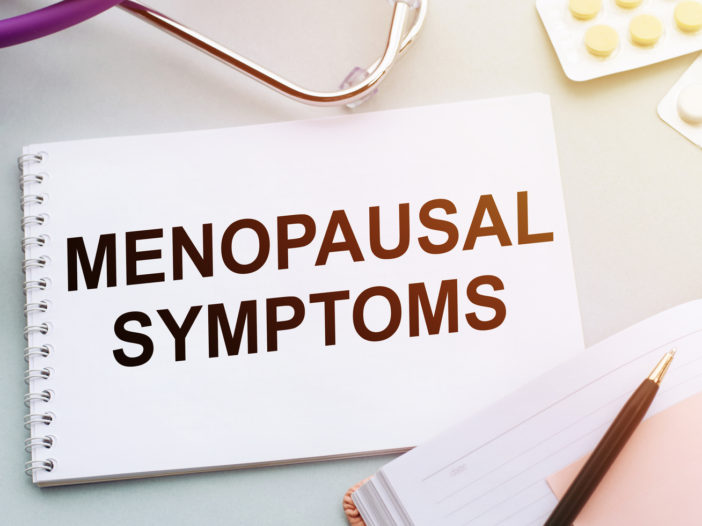
This blog on the peri and menopause covers Step 1 of my menopause guide and is part 2 in a series of 8. It is all about understanding that hormone imbalances are at the root cause of your menopausal symptoms.
When you are transitioning through the menopause and feel a bit rubbish, you may have tried all sorts of things to feel better. But all you have been doing is putting a bandaid on to help with your menopausal symptoms.
Sticky plasters don’t work! You may feel better temporarily but symptoms will re-emerge with a vengeance.
So, step one is about casting aside everything that you have tried so far. It doesn’t work. All you have been doing is putting a sticky plaster on your symptoms and this is not the right approach.
Would you like to put a stop to endless diets that make you feel hungry, grumpy and often fatter?
It’s time to say goodbye to your coping strategies and adopt a sustainable approach that works for life.
It’s time to say goodbye to caffeine and sugary snacks to fight off the exhaustion.
It’s time to bin the sleeping tablets at night .
It’s time to stop shouting and screaming at your family and drinking wine to de- stress.
Instead, it’s time to dig deep, really understand what is going on and address the root cause of your menopausal symptoms
For many people, it’s difficult to grasp that there is one underlying cause for all the symptoms which show up when you are over 40. And I get that. There are over 30 symptoms (and quite possibly a lot more) associated with the peri and menopause. How on earth could all of them be linked to the same thing?

Well, actually they are. And here’s the thing:
When you are over 40, your body starts to go through some very big hormonal changes. In addition, it is likely that you have built up a lot of stress in your life. Your diet choices may not be the best. You have probably put your liver under a lot of pressure and you are probably quite toxic. Your metabolism may be becoming sluggish.
The list goes on.
But at the heart of this is the fact that you have become “out of balance” and a little bit neglected.
So, for me, step one is the most important one. And it is all about getting to the root cause. Because when we know where the imbalances are, well then it’s easier to do something about it.
So how does step one work? How can you actually do something about your menopausal symptoms?
Firstly, we talk. I want to really understand how you have been living your life. I want to know all about your symptoms. This is not a one size fits all approach. It’s just about you. This will immediately give me a good idea of what is going on and where the imbalances are.
But for me this is not enough. If you are really serious about investing in your health and getting results, the best thing to do is some testing.
Even if just one of your main hormones is out of balance, it can have a flow-on effect to all your other hormones. And it’s not until you get them all working at an optimal level that you feel that you are living again.
Do you want to get your hormones back in balance and reduce your menopausal symptoms?
So testing takes out all the guesswork. It allows for clarity and gives you a clear sense of direction. It delivers fast effective results as it is able to really target the root cause.
So typically, in testing I would be looking at the key sex hormones (oestrogen, progesterone, testosterone) as well as the thyroid hormones and cortisol to see how they are behaving in the body.
The beauty of these tests is that they are quick and easy to do. And all from the comfort of your own home. They are not the blood tests that you get at your GP surgery, but the best diagnostic scientific tests available today. And they are an invaluable tool in identifying why you are struggling and where the imbalances may be.

Let me give you some examples:
We know that fluctuating oestrogen can cause hot flushes, brain fog, insomnia, mood swings, low libido, PMS, bloating, headaches and achy joints. So, it’s really important to know levels. Are they too high or too low and how are they actually being processed and metabolised in the body?
We know that stress has a huge impact on health and so seeing cortisol (your stress hormone) patterns is another important marker.
Identifying nutrient deficiencies is also invaluable as these can feed into hormonal imbalances and be at the heart of a whole host of symptoms.
And for some, it may be relevant to evaluate gut health which is also linked to hormonal health.
So step one is all about unearthing the root cause through talking and listening to you, evaluating your health questionnaire, and investing in some testing.
At this point, we can move to the rest of the plan. And this is where the magic begins.
Would you like to put a stop to your menopausal symptoms?

